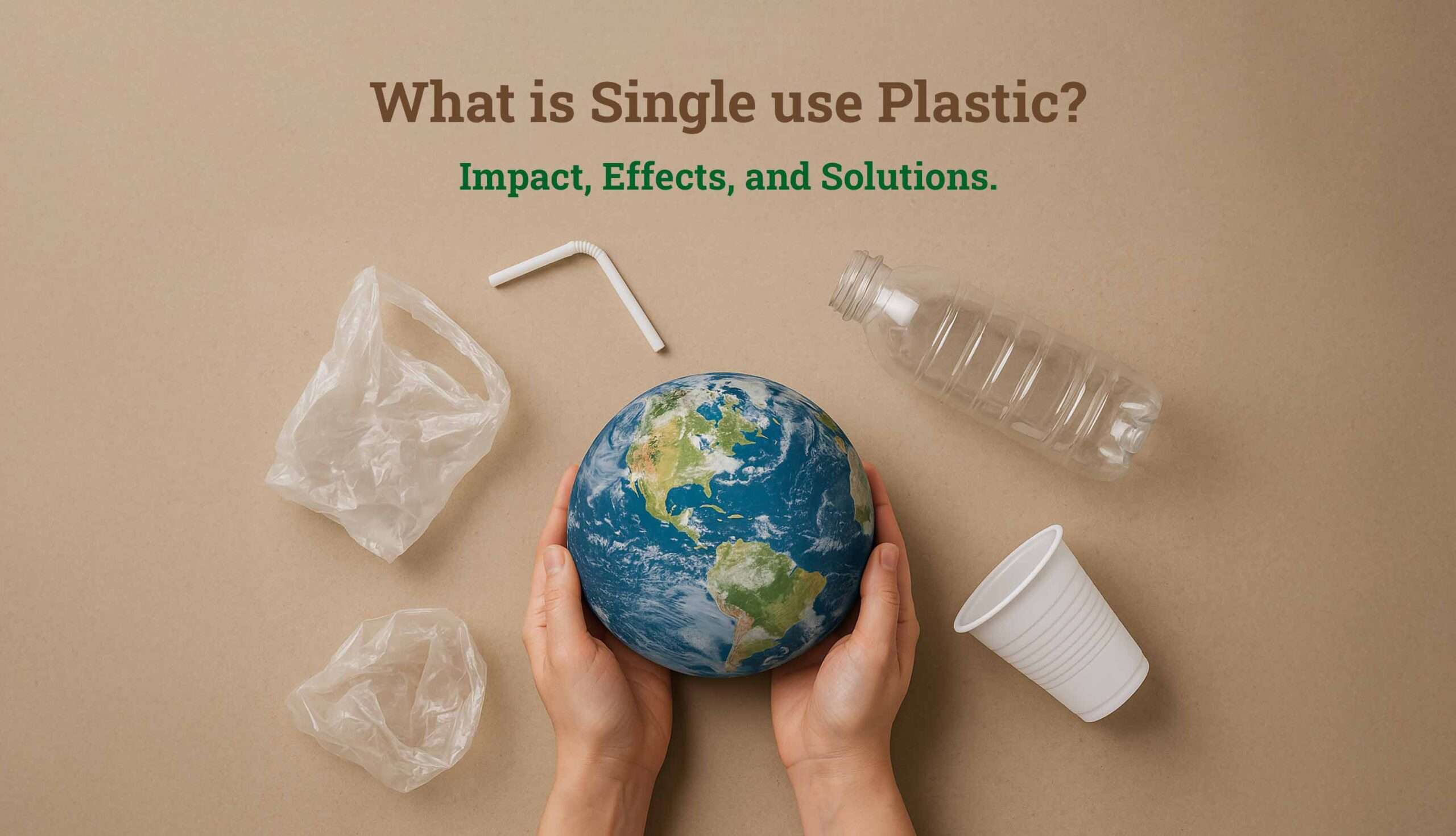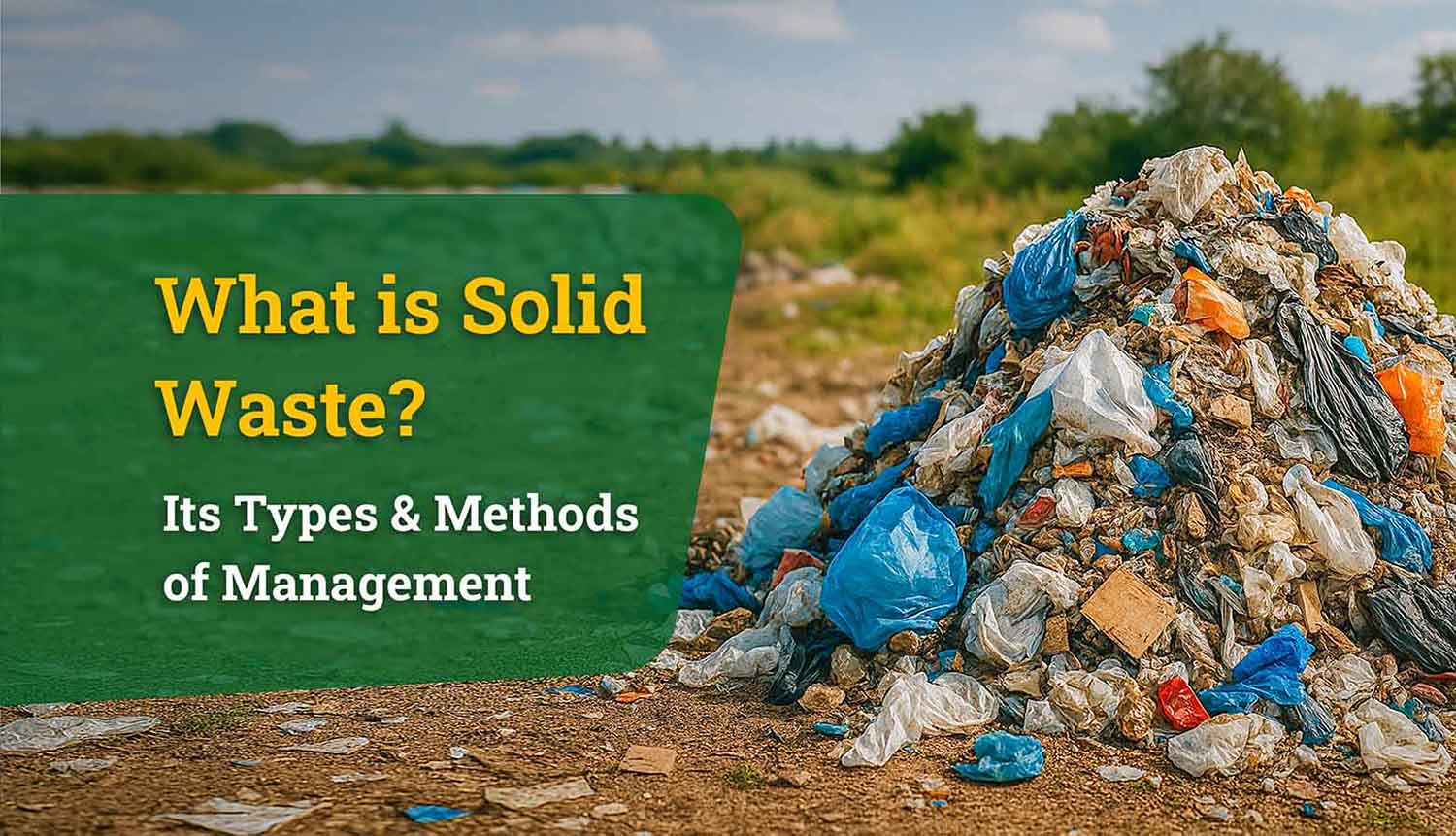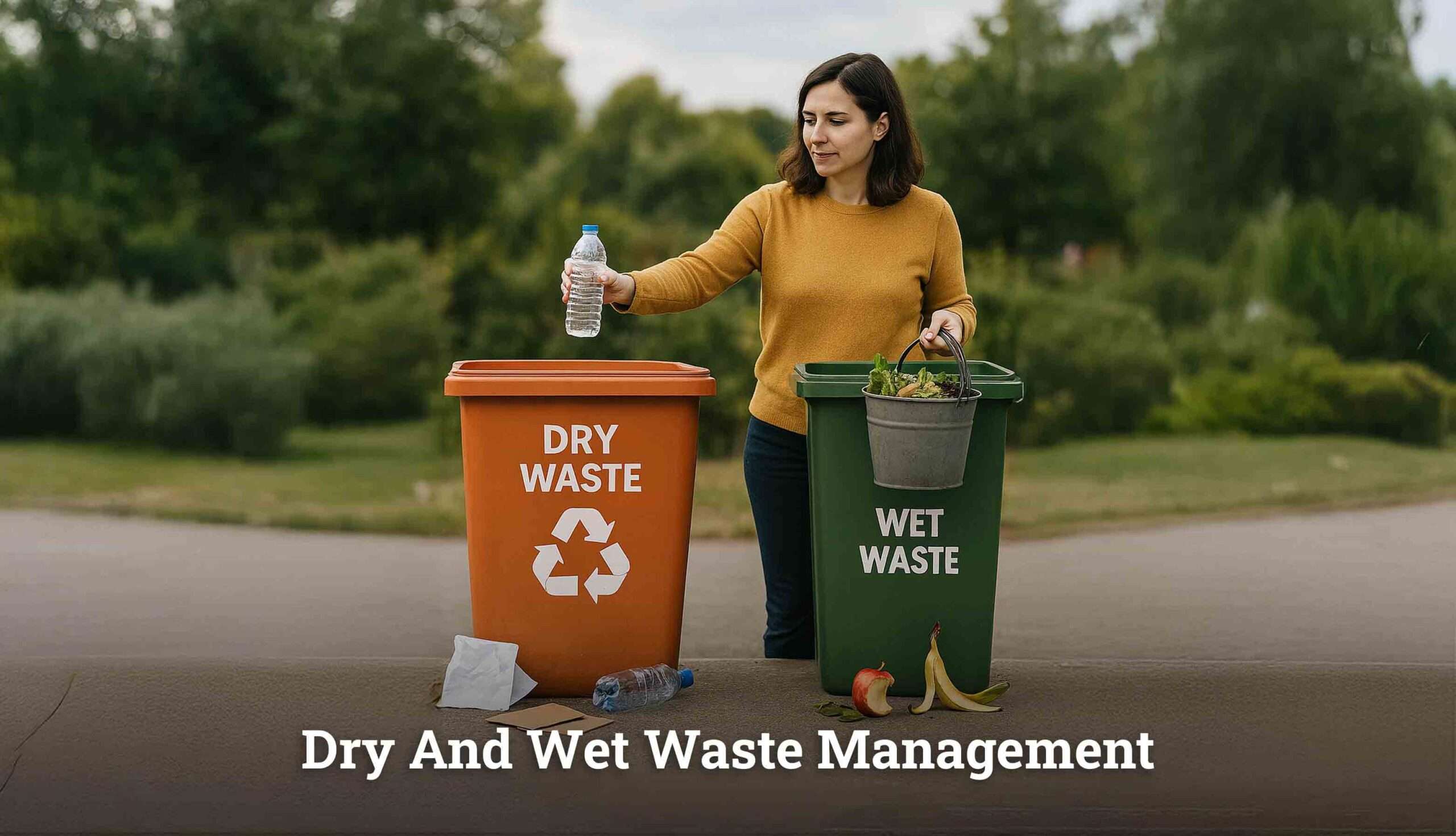Today, for most businesses worldwide, sustainability has become the primary focus, mainly driven by rise in environmental regulations, consumers who are becoming more demanding of environmentally conscious products and the urgent imperative to address climate change. Policymaking in Europe, Asia, and America is increasingly shaped towards promoting increased usage of recycled products as well as more sustainable practices.
Not merely an environmental decision now, with the integration of recycling plastic products into the design of packaging, but also a strategic business decision in the booming era of sustainability meeting profitability.
Multiple benefits of recycled plastics in your packaging:
1. Plastic Recycling for Businesses: Supply Chain Resilience
With the diversification of material sources, the supply chain stability is developed.
- Reduced virgin resins dependency: The manufacturing of recycling plastic products greatly reduces virgin plastic dependency, which in turn requires large fossil fuel portions in production and adds to the greenhouse emissions.
- Local sourcing opportunities: Sourcing of recycled plastics at the local levels lowers carbon footprints, hence reducing transportation costs and supporting the local economies.
2. Regulatory Compliance and Future Proofing
Using recycled plastic in manufacturing helps businesses in compliance with governmental environmental rules and regulations. In India, the government has submitted the Environmental Compensation (EC) fines for non-compliance with the Extended Producers Responsibility (EPR) Minimum Recycled Content Mandates. Thus, using recovered plastic in manufacturing will help the companies in achieving their targets regarding their recycled content targets and save them from ECs and penalties for non-compliance.
3. Enhanced Brand Value and Consumer Appeal
The Corporate Social Responsibility (CSR) Policy is an essential requirement for every business in today’s contemporary landscape; it serves as a self-governance framework for the organization, representing a commitment to society through contributions aimed at various objectives. These objectives may be of an environmental, economic, and philanthropic nature.
Some common examples of things that are included in a CSR policy include:
- Improved labour processes
- Reducing carbon footprint
- Plastic recycling
- Environmentally conscious investments
4. Technical Innovation and Competitive Advantage in Plastic Recycling for Businesses
The demand for recycled plastic products encourages innovation in recycling technology and processes – This opens new avenues for discovering more effective means of recycling and reusing plastics, like below:
- Advanced Recycling Technologies: Businesses investing on recyclable plastics work hand in hand with researchers and innovators to make something work to improve recycling technologies. Here, such elaborations include improved methodologies of sorting and processing, new ways of recycling complex plastics into high-quality reusable materials for specific applications.
- Circular Economy Models: Business adoption of recycled plastics further accelerates circular economy models. The continuous process of utilization, recycling, and repurposing of materials reduces or cuts waste and consumption. Developments made on recycling and reutilization and use thereof are supported to have more businesses to enable businesses to become more sustainable in their ways.
Environmental Impact
There are many tangible environmental benefits that can be measured and communicated when using recycled plastics.
1. Consumption of Energy:
Products produced from recycled products consume much less energy than those produced from raw materials. This is because those products, already refined and processed once, require much energy and resources to be produced.
Looking at the three most recyclable types of plastic namely, Polyethylene (PET), High-Density Polyethylene (HDPE), and Polypropylene (PP), it is seen that it takes X1.7, X3.0 and X3.0 more energy to make virgin plastics respectively, compared with making post-consumer recycled plastic pellets.
The collection, sorting of waste plastics and the manufacture of sorted recycled plastic pellets are also included in the amount.
2. They reduce carbon emissions and pollution.
The ripple effect of
less energy-intensive production includes reduced carbon emissions and
pollutants. Using the same three types of plastic as a baseline, APR reports
that emissions reductions with the production of recycled resin versus virgin
resin is 67% for PET, 71% for HDPE, and 71% for PP, based on comprehensive
study done by the Association of Plastic Recyclers (APR).
Conclusion
Though today, the utilization of recycled plastics in packaging solutions surpasses its environmental undertones, they have become a strategic necessity for modern enterprises. Similarly, innovative packaging acts as an agent for enhancement along with the changing tastes of the consumers. Furthermore, governments worldwide are raising the standards they enforce on the environment and the restrictions on plastic wastes. The use of recycled plastics can help business adhere to higher standards. It goes beyond the monetary sense in terms of avoiding fines and sanctions but also creates an eco-friendly atmosphere.
This will mean tremendous competitive advantages for early movers in further development of the market for recycled plastic. Investment and cooperation with early suppliers of recycled plastic technology will put your firm ahead of the pack for sustainable packaging solutions while improving business and environmental values. The packaging of the future, by essence, is circular. Using recycled plastic is moving towards that ideal, which is sensible and economically savvy. Isn’t it now time for your packaging team to embrace this opportunity for recycling plastics ?
FAQ's
Is recycled plastic as durable as virgin plastic?
Recycled plastic material can be as durable as virgin plastic if processed rightly. New innovations and various technologies in recycling have enabled the manufacture of high-quality recycled plastics that meet the set standards of strength and durability when compared to virgin plastics.
Can using recycled plastic improve a company’s sustainability efforts?
This will enable firms to reduce carbon footprints, consume minimal raw materials, and advocate for the concept of a circular economy. The strategy is well enough in terms of CSR activities and surely is an indicator of commitment toward sustainable business practices.
What is the difference between recycling plastic and upcycling plastic?
Recycling transforms waste plastics into raw materials that can again be reused in further production. Whereas upcycling transforms waste into new products that have a greater value or utility. Here, both recycling and upcycling processes value immensely, though this value is brought about in different ways and for different purposes.
How does using recycled plastic affect a company's carbon footprint?
The use of recycled plastic in the company reduces carbon footprint as recycled plastic requires quieter amounts of energy than virgin plastic. The reduced emissions of greenhouse gases aides companies in attaining sustainability goals.

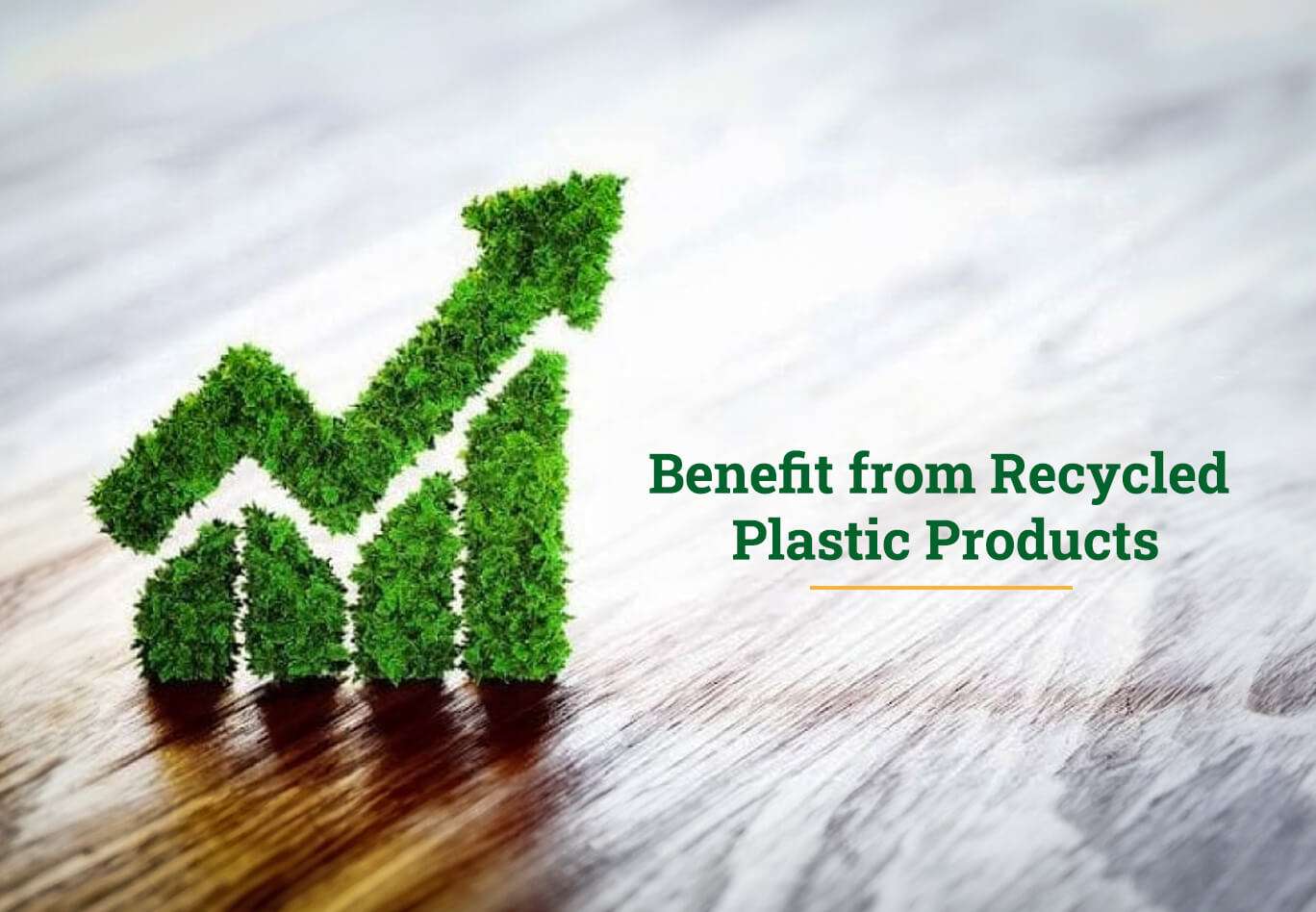
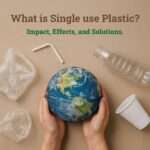 Understanding Single use Plastic: Impact, Pollution, and Solutions
Understanding Single use Plastic: Impact, Pollution, and Solutions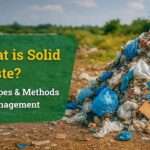 What Is Solid Waste and What Are Its Effects on the Environment?
What Is Solid Waste and What Are Its Effects on the Environment?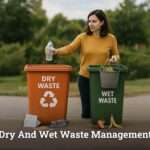 Dry waste and wet waste management – waste segregation
Dry waste and wet waste management – waste segregation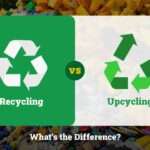 Recycling and Upcycling: What’s the Difference?
Recycling and Upcycling: What’s the Difference? What Are Plastic Granules? Meaning, Types, and Uses
What Are Plastic Granules? Meaning, Types, and Uses
